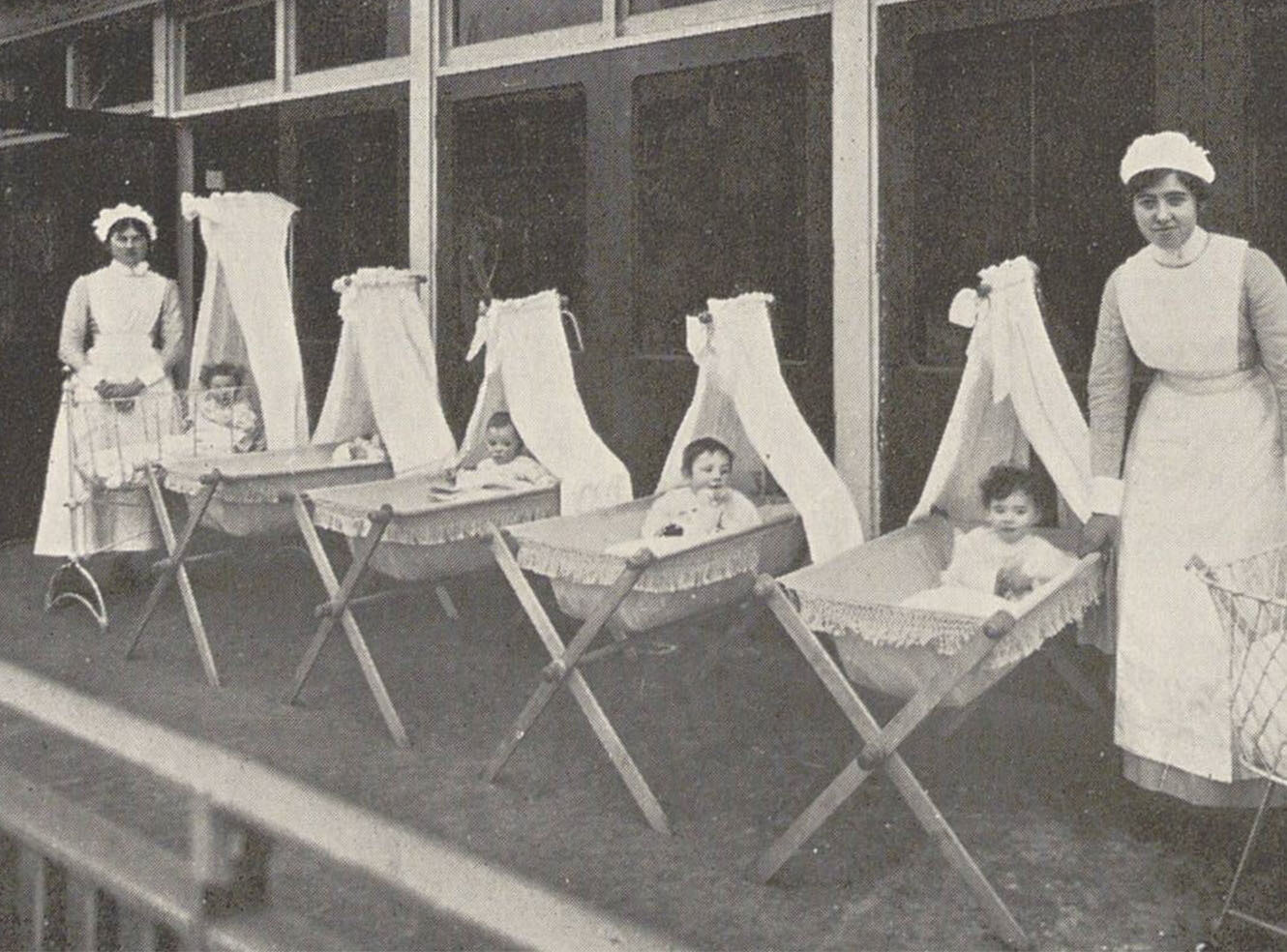AM publishes American Committee on Africa, Module I: a comprehensive resource on African liberation movements
AM is pleased to announce the launch of the first module of American Committee on Africa (ACOA), an extensive digital archive documenting the foundational years of the organisation, and its pivotal role in supporting African liberation movements throughout the mid-to-late twentieth century.
This new resource offers students and researchers of all levels access to invaluable primary source material on the ACOA’s advocacy, insight into complex dynamics of social justice movements, and US solidarity with African independence and anti-apartheid efforts.
Established in 1953 by George M. Houser, the ACOA operated out of New York with a mission to support African self-determination and educate the American public on African affairs. This comprehensive collection brings together a wealth of rare materials that highlight the ACOA’s involvement in liberation movements, from campaigning for economic sanctions against apartheid South Africa, to advocating for independence movements across the African continent. Students, researchers, and educators will gain access to documents that bridge African liberation movements and US Civil Rights struggles, underscoring a critical period of social change, anti-colonialism, and Cold War politics.
Module I presents the first three decades of the ACOA’s work, covering the organisation’s evolution under Houser’s leadership until his retirement in the early 1980s. It showcases the ACOA's commitment to inspiring grassroots activism, including personal correspondence, flyers, and calls to action that rallied public support for African independence. The collection includes records of boycotts and divestment campaigns, such as the Gulf Boycott Campaign, and calls to withdraw funds from banks with pro-apartheid ties, which engaged American citizens in direct action for global justice.
The resource also includes audio material, including a range of recordings made by George Houser on trips to Africa, alongside recordings of African leaders visiting the United States. The collection also includes speeches by prominent figures such as Tom Mboya and Steve Biko, offering firsthand accounts and providing a powerful connection to the voices of the African liberation movement. In addition to speeches, the resource includes culturally significant audio of Nigerian folk songs and traditional Kasai music, adding an additional layer of context to the written records.
Recent posts

AM’s new resource, A Global History of Epidemics, 1800-1970, offers interdisciplinary researchers unique primary sources, interactive tools from maps to timelines, and expert essays, to explore disease history, colonialism, and public health advancements within the British Empire and beyond.

